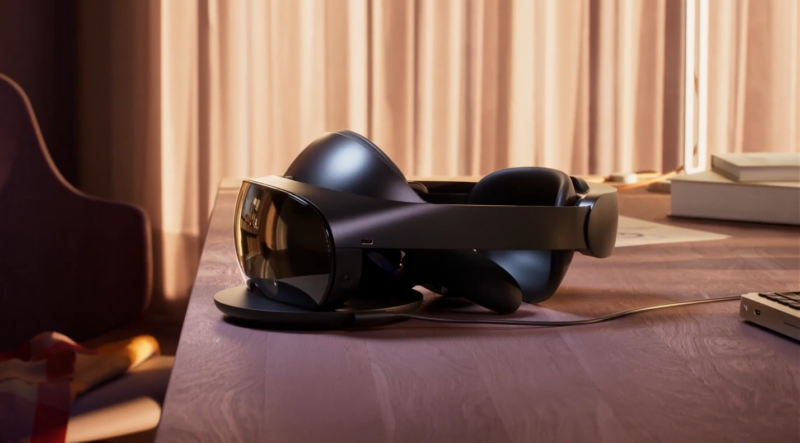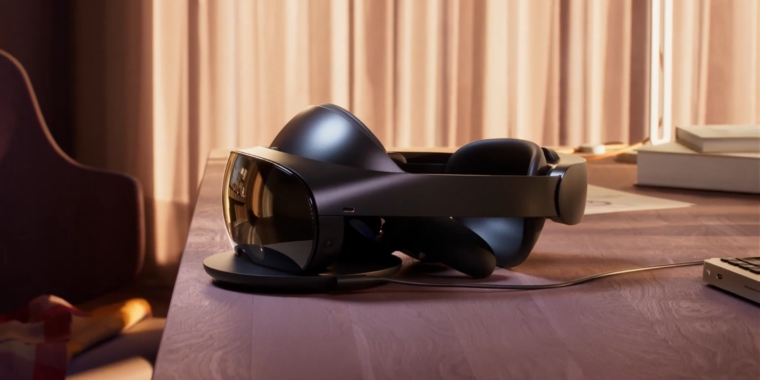
A new report in The Information revealed some new tidbits about Apple’s upcoming augmented and virtual reality headset.
Among other things, the report details features that differentiate Apple’s headset from Meta’s just-announced Quest Pro, which will likely be Apple’s closest competitor to the device.
According to previous reports, The Information article says the headset will look like ski goggles. It will be made of “mesh fabrics, aluminum and glass” and it will be thinner and weigh less than the Quest Pro. The sources of information have not specified a weight, but the Quest Pro weighs 722 grams.
The new headset scans a user’s irises so that they can be identified and can log into their individual accounts as soon as they put on the headset. This feature would work for multiple users, making it easy, for example, to pass the headset from one person to another. In addition, the iris scanning technology will be used to verify payments. Meta’s headset does not have Iris scanning.
In other words, it will be the headset equivalent of Face ID or Touch ID, the biometric authentication methods previously seen in the iPhone, iPad, and Mac.
The headset will also accommodate glasses wearers. They can “magnetically snap prescription lenses into the headset”.
That won’t be the only way Apple’s headset scans its wearer. It was previously reported that the device will have 14 cameras. Two, according to today’s report, will scan the wearer’s legs so that the positions of those legs can be accurately represented by a virtual avatar.
In contrast, Meta’s recently announced Quest Pro headset has four cameras less to 10, and the leg cameras are missing. It’s common in 3D telepresence apps to see floating torsos and legless faces, but it seems Apple wants to stray from that norm.
Apple and Meta are poised for a battle for the mixed-reality space. Meta has been in the VR business for seven years, but Apple has a stronger background in AR thanks to the sensors and developer support on its iPhones and iPads. And while Meta has a significant edge in immersive VR software, it’s nowhere near as experienced as Apple in developing hardware products.
Meta’s Quest Pro was first unveiled on October 11 and will go on sale October 25 for $1,499.99. Apple’s headset has suffered several delays, but is now slated to release at a higher price sometime in 2023.

